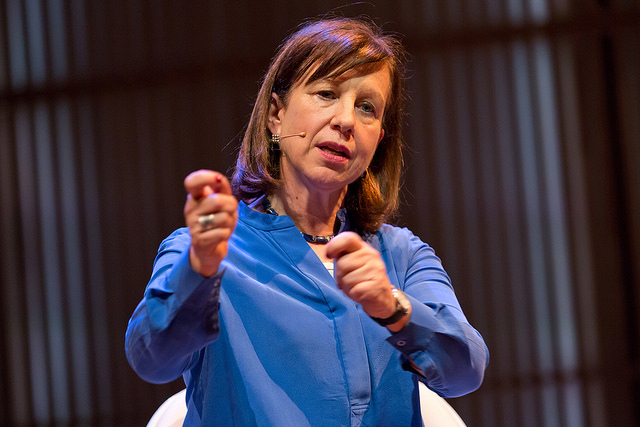At the opening plenary, Lyse Doucet – the BBC’s Chief International Correspondent – said she had asked a soldier who had served in Afghanistan what went wrong there. The answer was simple: we did not listen to the Afghans.
On Thursday evening I went to the social event organized in the Red light district. We had eye-opening conversations about human trafficking, criminalising sex etc. We also had the opportunity to hear the opinion and experiences of the sex workers themselves. Is it safer for them to work underground and fear going to police if something happens or is it better to be open, legal and taxable? They told us that even here in Amsterdam where prostitution is legalised, the sex workers have a social stigma. You cannot write in your CV what you have done before, and the longer the unexplained gap in your CV is, the more difficult it is to get any other job.
Is it the question of choice that puzzles us? What can we consider as a free choice? If we are doing a job that we do not like just in order to earn money for rent, is it a free choice? Whatever opinion we have about this, we are not the experts. When making decisions about criminalizing or legalizing sex work, shouldn’t it be the sex workers themselves who should be listened to? Are not they the ones who can tell what is best for them?
Friday morning, I went to the session ‘What’s gender got to do with it‘ (obviously something, because the majority of the the participants were female) We discussed in small groups about a case study regarding should females and males be treated differently by UK’s criminal justice system. In the UK, from the age group of 18–25 over 95 per cent of convicted prisoners are males and the law is designed to respond to men. Our aim was to think of tools with which we could gather evidence to persuade policy makers that young adults and gender should be taken into account. We thought that among hard research, soft research would also be needed. In order to understand the problem, we should listen to the people themselves, their stories and why they end up in the criminal system.
Why is it so hard for us to listen? We carry out research and collect data but when did we forget to ask the people? Too often we do not listen to those whom it involves.
At Friday’s plenary, ‘Foundation innovation – developing new capabilities to respond to new challenges’, Princess Laurentian said it very well in her excellent speech: it should not be about what foundations want but what the outside world needs. So keep your ears open and listen.
Laura Sahamies is the communications coordinator at Kone Foundation.




Comments (0)